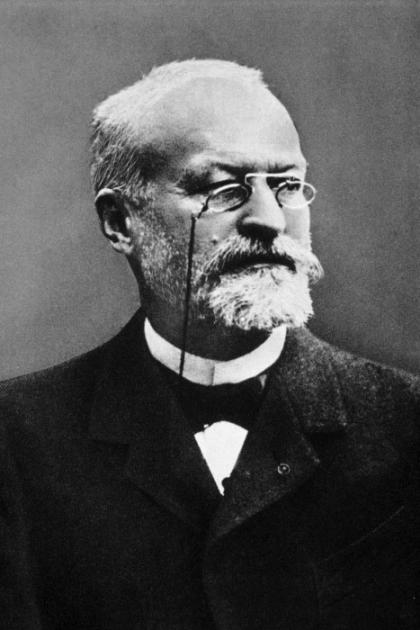 MALARIA
MALARIA

Alphonse Laveran pioneered parasitology at the Institut Pasteur with Félix Mesnil. Before joining the Institut Pasteur he discovered what he thought to be the malaria agent, a protozoa infecting the red blood cells of their host. This was at Constantine hospital in 1880. From 1880 to 1882 he described the protozoa in various publications. In 1889 Alphonse Laveran attended microbiology lectures at the Institut Pasteur and five years later he started work as a volunteer scientist. From 1900 to 1903 he investigated the potential connection between Anopheles mosquitoes and malaria. He traveled to Corsica and the Camargue to study the mosquitoes. Here he also examined mosquitoes he received from all over the world. He believed there might be a link between these mosquitoes and the spread of malaria. Other scientists proved the link and also showed that the parasite completes its cycle in the mosquito.
LEISHMANIASIS
In 1900, Laveran and Mesnil studied trypanosomes, the causative agents of various epizootics and human diseases such as sleeping sickness. Four years later they published a treatise on the subject, later completed in 1912. In 1903, the scientists showed that the causative parasite of Kala-azar, a fever widespread in India previously identified by Sir William Boog Leishman, was a new protozoa, different from the trypanosomes and hematozoa causing malaria. They first named itPiroplasma donovani after Charles Donovan who was also working on leishmaniasis. Ronald Ross created the Leishmania genus for the parasite which was later named Leishmania donovani. Alphonse Laveran’s work met with skepticism from several fellow scientists. The importance of his work was recognized, however, and in 1907 he was awarded the Nobel Prize "for his work on the role of protozoa in causing diseases". He left almost the entire proceeds of his prize to the Institut Pasteur for the development of premises dedicated to parasitology.




